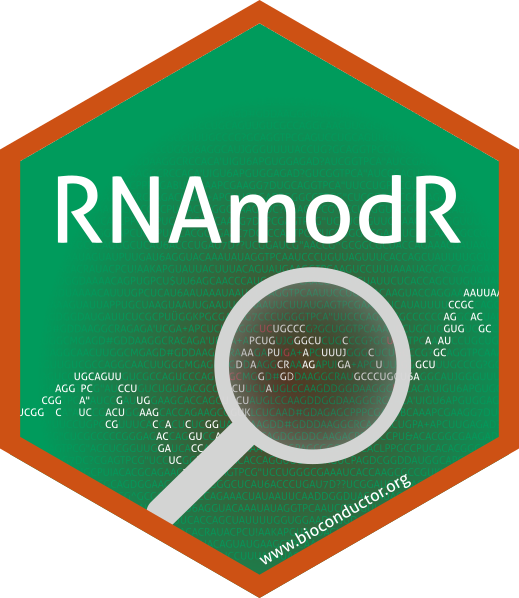Post-transcriptional modifications can be found abundantly in rRNA and tRNA and can be detected classically via several strategies. However, difficulties arise if the identity and the position of the modified nucleotides is to be determined at the same time. Classically, a primer extension, a form of reverse transcription (RT), would allow certain modifications to be accessed by blocks during the RT or changes in the cDNA sequences. Other modification would need to be selectively treated by chemical reactions to influence the outcome of the reverse transcription.
With the increased availability of high throughput sequencing, these classical methods were adapted to high throughput methods allowing more RNA molecules to be accessed at the same time. With these advances post-transcriptional modifications were also detected on mRNA. Among these high throughput techniques are for example Pseudo-Seq (Carlile et al. 2014), RiboMethSeq (Birkedal et al. 2015) and AlkAnilineSeq (Marchand et al. 2018) each able to detect a specific type of modification from footprints in RNA-Seq data prepared with the selected methods.
Since similar pattern can be observed from some of these techniques, overlaps of the bioinformatical pipeline already are and will become more frequent with new emerging sequencing techniques.
The current version of the RNAmodR package is available from Bioconductor.
if (!requireNamespace("BiocManager", quietly = TRUE))
install.packages("BiocManager")
BiocManager::install("RNAmodR")
library(RNAmodR)
RNAmodR implements classes and a workflow to detect post-transcriptional RNA
modifications in high throughput sequencing data. It can be easily adapted for
new methods and can help during the phase of initial method development as well
as more complex screenings.
Briefly, from the SequenceData and SequenceDataFrame classes, specific
subclasses are derived for accessing specific aspects of aligned reads, e.g.
5’-end positions or pileup data. With these, a Modifier class can be used to
detect specific patterns for individual types of modifications. The
SequenceData classes can be shared by different Modifier classes enabling
easy adaptation to new methods and benefiting from other efforts in method
development.
Whereas, the SequenceData classes are used to hold the data, Modifier
classes are used to detect certain features within high throughput sequencing
data to assign the presence of specific modifications for an established
pattern. The Modifier class is virtual and can be adapted for individual
methods, whereas the type of nucleotide under investigation is specified by
inheriting from the virtual RNAModifier and DNAModifier classes. To fix
the data processing and detection strategy, for each type of sequencing method
a Modifier class can be developed alongside to detect modifications.
For further details have a look at the vignette or the additional packages for implementation examples:
- RNAmodR.RiboMethSeq
- RNAmodR.AlkAnilineSeq
- RNAmodR.ML for classes fascilitating machine learning approaches
-
Carlile, Thomas M., Maria F. Rojas-Duran, Boris Zinshteyn, Hakyung Shin, Kristen M. Bartoli, and Wendy V. Gilbert (2014): “Pseudouridine Profiling Reveals Regulated mRNA Pseudouridylation in Yeast and Human Cells.” Nature 515 (7525): 143–46.
-
Birkedal, Ulf, Mikkel Christensen-Dalsgaard, Nicolai Krogh, Radhakrishnan Sabarinathan, Jan Gorodkin, and Henrik Nielsen (2015): “Profiling of Ribose Methylations in Rna by High-Throughput Sequencing.” Angewandte Chemie (International Ed. In English) 54 (2): 451–55. https://doi.org/10.1002/anie.201408362.
-
Marchand, Virginie, Lilia Ayadi, Felix G. M. Ernst, Jasmin Hertler, Valérie Bourguignon-Igel, Adeline Galvanin, Annika Kotter, Mark Helm, Denis L. J. Lafontaine, and Yuri Motorin (2018): “AlkAniline-Seq: Profiling of m7G and m3C Rna Modifications at Single Nucleotide Resolution.” Angewandte Chemie International Edition 57 (51): 16785–90. https://doi.org/10.1002/anie.201810946.
